Brexit: 'No prospect' of a deal unless backstop is dropped
- Published
- comments
Johnson: EU 'a bit negative' over backstop demands
Unless the UK's withdrawal agreement with Brussels is reopened and the backstop abolished there is no prospect of a deal, Downing Street has said.
The strong statement came after the EU pushed back against Boris Johnson's proposal to implement "alternative arrangements" for the UK-Irish border.
Mr Johnson has said the backstop is "anti-democratic" and must be scrapped.
European Council President Donald Tusk said it was "an insurance to avoid a hard border on the island of Ireland".
Meanwhile, the government has announced UK officials will stop attending most EU meetings from 1 September.
The Department for Exiting the European Union said it would "unshackle" them from discussions "about the future of the Union after the UK has left" and allow them to focus on "our immediate national priorities".
Later this week Mr Johnson will meet German Chancellor Angela Merkel and French President Emmanuel Macron for the first time since entering No 10.
Ahead of that, in a letter to European Council President Tusk, external, he called for the backstop to be removed from the withdrawal agreement reached between the EU and his predecessor, Theresa May, arguing it risked undermining the Northern Irish peace process.
Oomph
Mr Johnson said the reaction to his demand for the backstop to be scrapped had been "a bit negative" but "we will get there".
He said he would enter Brexit talks with EU leaders with "a lot of oomph".
Mr Johnson added: "I think there is a real sense now that something needs to be done with this backstop. We can't get it through Parliament as it is."
He reiterated his view that EU countries were less likely to make concessions to the UK "as long as they think there's a possibility that Parliament will block Brexit".
The border is a matter of great political, security and diplomatic sensitivity, and both the UK and EU agree that whatever happens after Brexit there should be no new physical checks or infrastructure at the frontier.
The backstop is a position of last resort to guarantee that, but if implemented, it would see Northern Ireland stay aligned to some rules of the EU single market.
It would also involve a temporary single customs territory, effectively keeping the whole of the UK in the EU customs union.
Mrs May's withdrawal agreement has been voted down three times by MPs.
Confused by Brexit jargon? Reality Check unpacks the basics.
A series of voices from the European side rejected Mr Johnson's assertions.
Mr Tusk said those opposing the backstop without "realistic alternatives" supported re-establishing a hard border.
This was the reality "even if they do not admit it", he added.
'Vital insurance policy'
The European Commission said Mr Johnson's letter did not contain a "legally operational solution" to prevent a hard Irish border.
"It does not set out what any alternative arrangements could be," a spokeswoman said, and "recognises that there is no guarantee such arrangements would be in place by the end of the transitional period".
Guy Verhofstadt, Brexit spokesman for the European Parliament, said the backstop was "a vital insurance policy... supported by the people of the island of Ireland".
And speaking in Iceland, Chancellor Merkel said: "Once we have a practical solution to ensure that the Good Friday Agreement continues to apply, then we don't need the backstop of course."
A Downing Street spokesperson insisted the UK government was "ready to negotiate, in good faith, an alternative to the backstop, with provisions to ensure that the Irish border issues are dealt with where they should always have been: in the negotiations on the future agreement between the UK and the EU".


The question is whether Boris Johnson's letter to the EU is intended as the start of negotiations - or designed to be the end of them.
He's suggested the only way to get a deal is to take the backstop out. Not to time limit it, or modify it, but to bin it.
But if he has a fully-fledged, different plan up his sleeve, why he isn't spelling out more detail of those "alternative arrangements"?
And why can't Downing Street say what additional reassurances would be available to the Irish government in the absence of a backstop, if trade talks falter?
The lack of detail on Plan B has made some critics in his own party wonder if his Plan A is simply to make an offer the EU can't accept and then blame them for no deal.
But No 10 insists he'd do a deal quickly if the EU was more flexible. In other words, Brussels would be expected to blink first as the prospect of no deal approaches.
So far, though, the EU is staring him out.

Labour leader Jeremy Corbyn said it was unclear what the prime minister thought he was negotiating.
"He needs to recognise that by just holding the threat of a no-deal Brexit on 31 October towards the European Union isn't going to bring about a change, it's going to make things much worse," he said.
"He created this arbitrary date by his behaviour during the Tory Party leadership campaign. He needs to wise up and stop the nonsense of 31 October and start talking seriously."
- Published20 August 2019
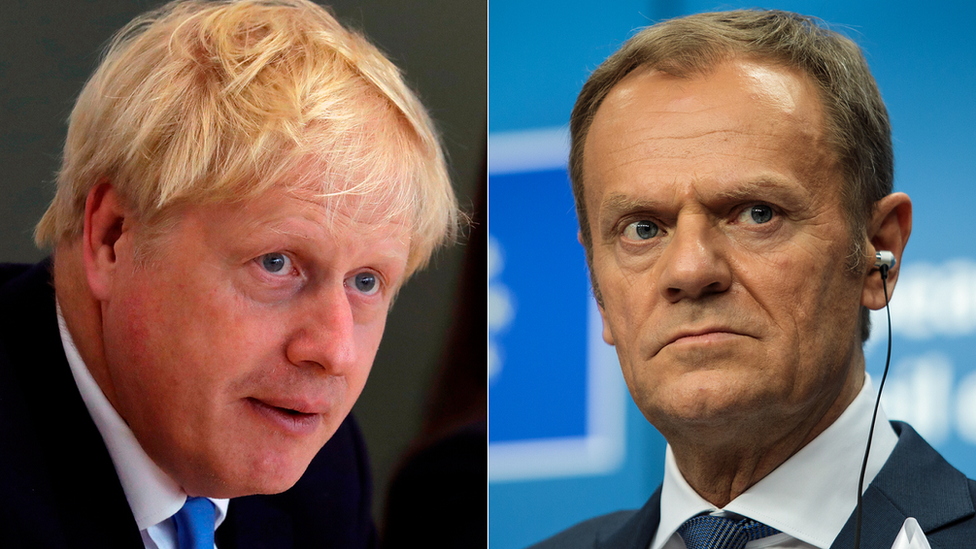
- Published20 August 2019
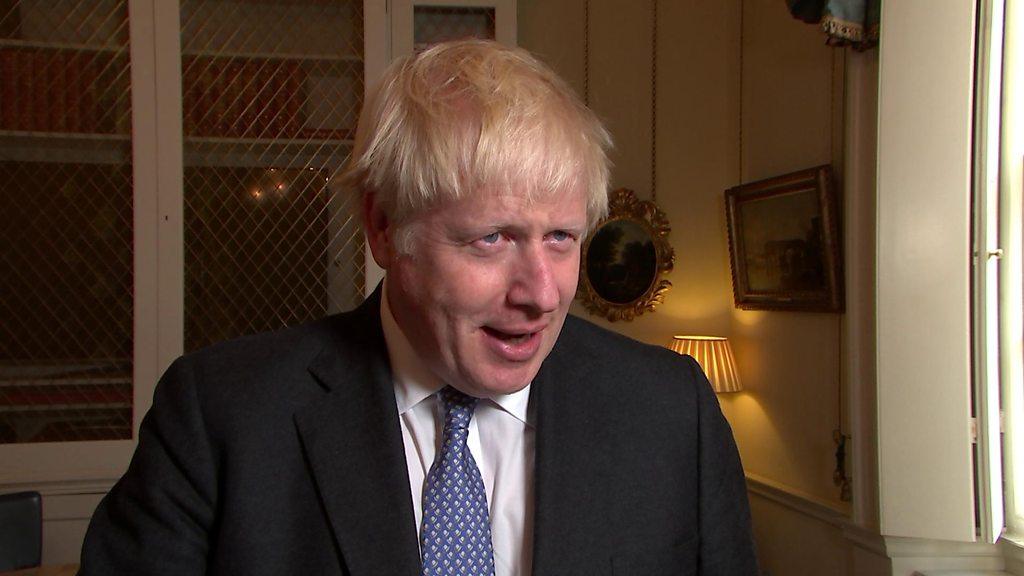
- Published13 December 2020
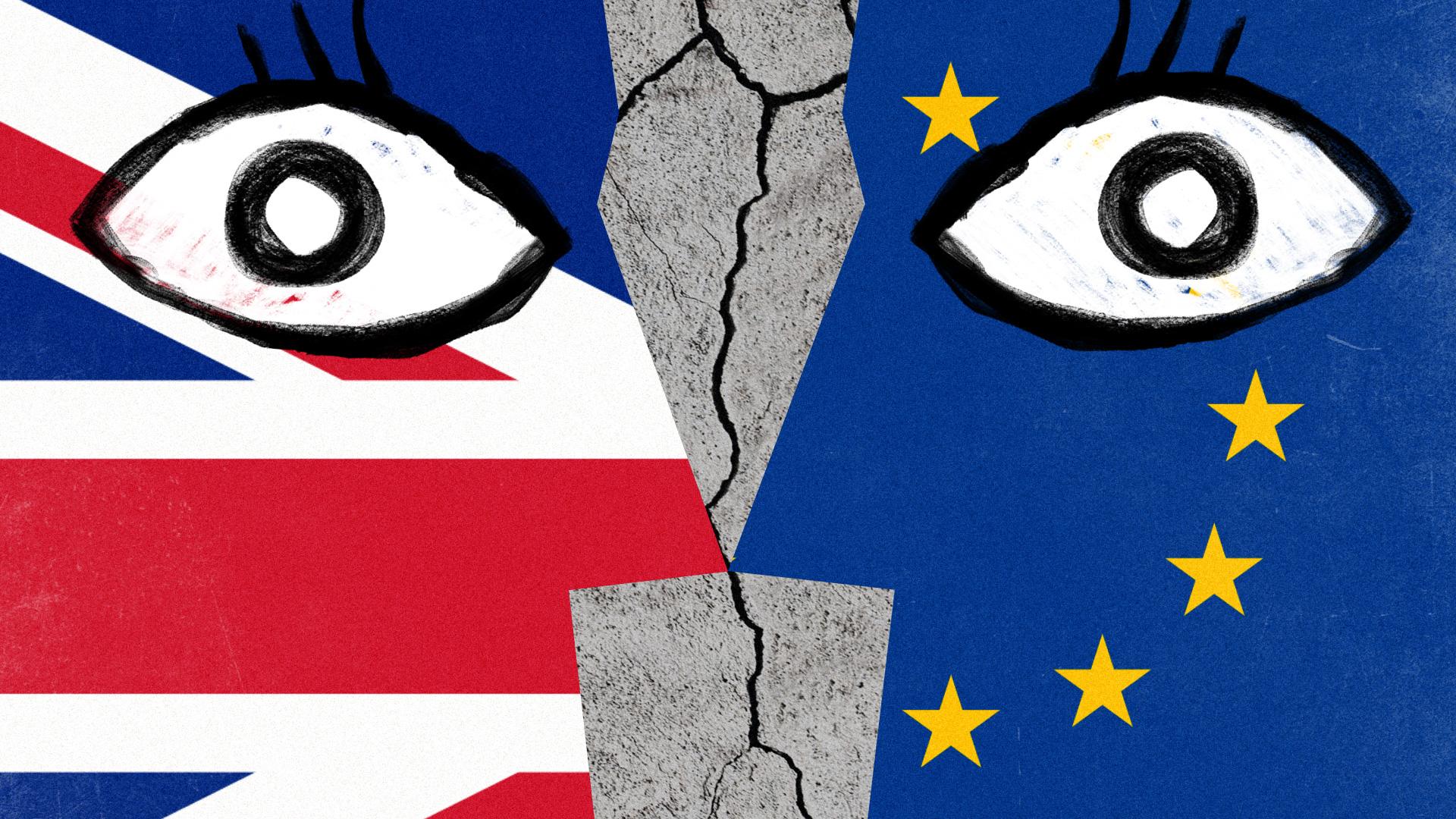
- Published20 August 2019
- Published19 August 2019
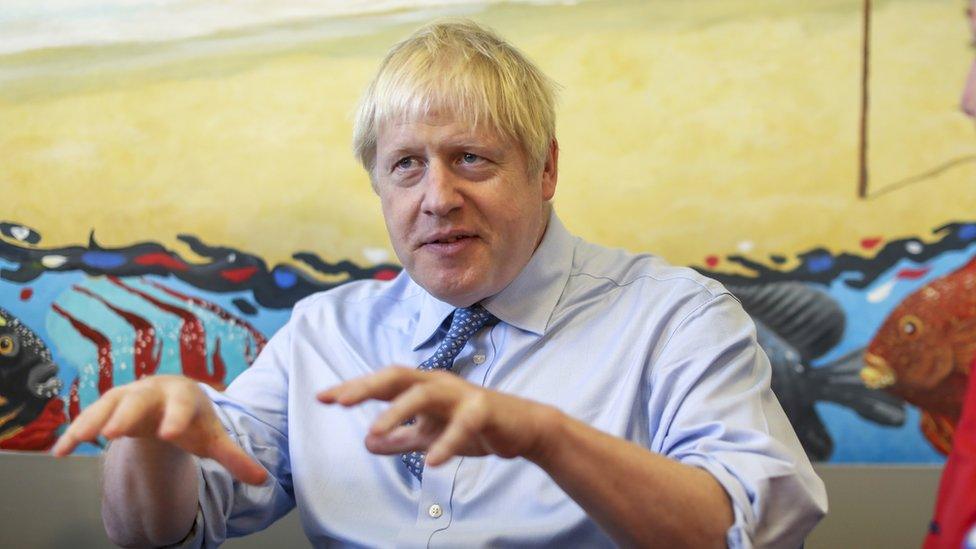
- Published18 August 2019
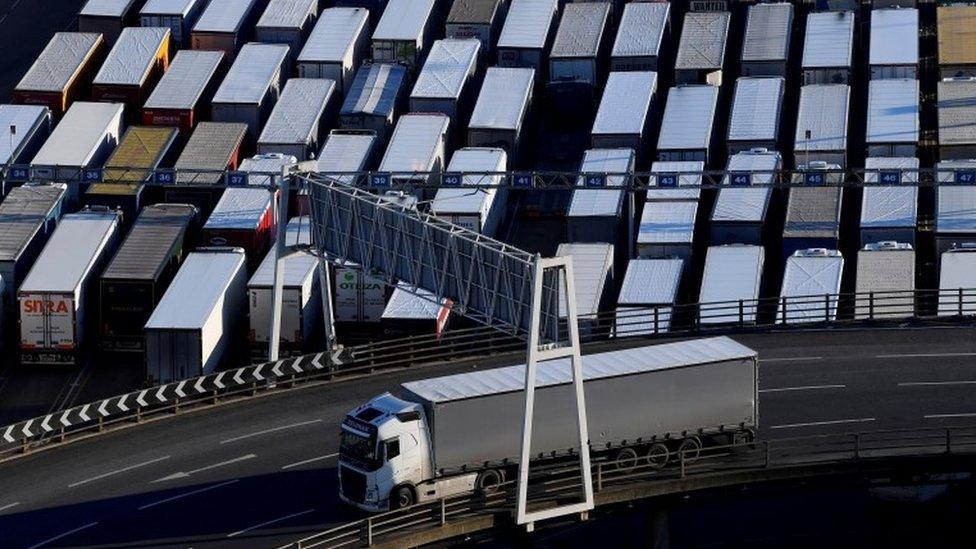
- Published16 October 2019

- Published30 July 2019

